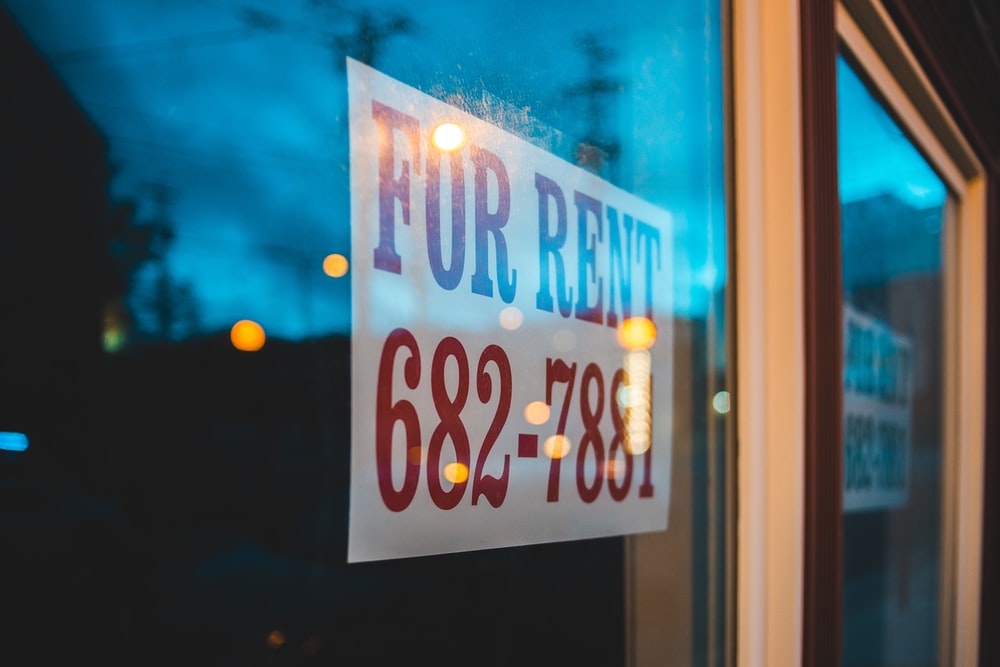Residential rental properties are composed of a ‘residential’ aspect and a ‘rental’ one. By residential, the property should then be occupied by tenants who actually intend on living there. The units that can be considered residential include apartments, duplexes, townhouses, condominiums, or single-family homes.
The rental aspect means that the real property is either being leased or paid rent for the duration of time the tenant occupies it. Residential rental property is, therefore, a real property bought by an investor for residential purposes and leased (or rented) out to tenants for the same purpose.

Residential Rental Property vs. Commercial Rental Property
Unlike residential rental property, whose clients are primarily residential tenants, commercial rental property deals with companies working in these properties. Investing in both has its advantages, although, for commercial rental properties, there are very clearly stipulated lease agreements that are rarely ever overlooked. This problem is solved for residential rental properties by hiring property managers.

Property Managers for Residential Rental Properties
Most residential rental property investors do not appreciate dealing with tenants daily. The back-and-forths during rent collection or handling complaints are not their cup of tea. They will need to enlist the services of property managers or property management companies to do the ‘dirty’ work for them.
The roles of property managers include:
- Vetting tenants.
- Collecting rent and leases.
- Updating rental and lease terms.
- Maintaining property.
- Setting and maintaining budgets.
Property managers must multi-task and be on their toes on any real estate laws development. They handle all the property’s details. The property manager acts as the property’s caretaker, while the investor is the property’s landlord. Most residential rental property tenants have no idea who their landlord is, even if they have lived there for decades.
Merits of Investing in Residential Rental Properties
Extra Income
This is the most significant advantage for investors; they can earn passively through investing in residential rental properties. What’s even more appealing is that once an investor has purchased or built the property, most of the maintenance costs will come from the tenants themselves, or homeowners, effectively saving the landlords millions.
The income is also recurring and progressively increases. Land always appreciates, and the property manager’s role is to ensure this is reflected in the new and existing lease and rent form applications. Payment is done monthly, which means more cash flows, and landlords almost have a stable and sure monthly salary.
Tax benefits
Owning a residential rental property comes with the perk of having some tax cuts. For instance, even though land appreciates in value, the houses will always depreciate. This depreciation caused by physical wear and tear is translated as a deduction in one’s tax reports. A mortgage is also a deduction.
Flexibility and Control
As a residential rental property investor, one can lease out their property and hold it back until it is most profitable to sell (if they intend to sell the property). The investor does not have to relinquish the property entirely. They could choose to sell it to another investor or homeowner.
Such properties also enable the investors to forever have the choice of either to sell or lease (or rent). It is such a powerful control tool for them, as they could still choose to live in the residential property themselves. The investor owns the property forever despite not living there.
Section 1031
Although strictly limited to investors dealing with non-personal homes, Section 1031 is a provision of the Internal Revenue Code that allows investors to exchange property and invest in other property. Residential rental property investors can take advantage of this code anytime and reap its full benefits.
Demerits of Investing in Residential Real Properties
Tenant Drama
Investors who choose to go the ‘I can handle my own business’ way should be prepared to deal with tenant issues all day long, whether it is plumbing to security to roofing to ‘disgusting’ wall paint. Ultimately, they save themselves the money that would have gone to hiring property managers. Either way, investors must pick a struggle: will it be tenant drama or property managers’ salaries?
Real Estate Liquidity
This never works as a pro because real estate properties will always depreciate in value. Assuming an investor purchased a top-of-the-range property thirty years ago, and the property is already full. Then, some budding architects build modern properties just close to where the investor’s property is. What happens is that the investor’s tenants will migrate to the new kid on the block, effectively causing losses to the investor.
No one is immune to real estate liquidity and improving technology. The only comfort is that all properties were once the ideal spots to reside in. This is why most landlords charge hefty prices for new apartment blocks to cover the time they depreciate in value.
Lack of Real Estate Liquidity
The two demerits seem conflicting. However, the first one infers to other real estate properties and their liquidity rates. This point refers to the lack of liquidity regarding already existing residential rental properties.
Truth be told, residential rentals may be challenging to sell. Inasmuch as they rent out quite quickly, other investors may be wary of purchasing them because of general wear and tear. Besides, better fish now exist in the market. The only way to beat this would be to sell immediately once one acquires the property, but that would not make much financial sense.
Crucial Outcomes
Investing in residential rental properties requires both skill and experience. It’s one of those activities where you should trust your gut instinct but also be informed. You may enlist real estate professionals for seasoned help if unsure of your capabilities.
These properties require serious maintenance and may thus require property managers who help in the day-to-day running. The lease agreements here may be serious but are more flexible than commercial rentals, which could be a problem.
Residential rental properties have both advantages and disadvantages for the investors who choose to purchase them in the long and short term. All in all, residential rental properties offer more benefits to investors than the demerits they may have.




